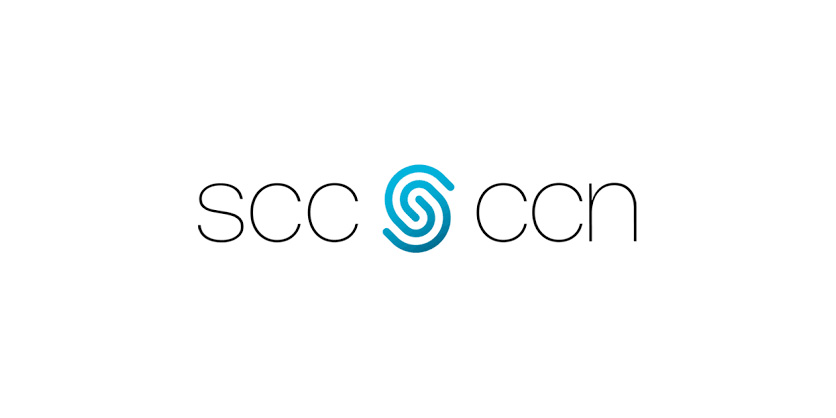Arming Standards Writers with Climate Impact Data to Build a Safer Future

February 27, 2023
What if we could build our infrastructure—the places we live and work—to withstand the impacts of climate change? It would mean fewer injuries and deaths each year to our families and friends and billions of dollars saved on repair and recovery.

In fact, weather-related insured catastrophic losses in Canada have totaled over $18 billion between 2010 and 2019(link is external). Without action, future costs from flooding events alone could be as high as $13.6 billion annually(link is external) by the end of the century. And the costs aren’t only financial. Natural disasters, like flooding, can cause high levels of worry and stress with mental health impacts that can last years after an event.
To address climate change, we need to understand current conditions, and have the data to forecast for the future,” says Kala Pendakur, Acting Manager of Infrastructure and Climate Change at the Standards Council of Canada (SCC). “That’s why SCC has been supporting new standards and guides to increase the availability and quality of weather and climate data.”
The climatic conditions previously used to set requirements are not going to reflect the reality that buildings and infrastructure will experience 10, or 30, or 50 years from now. Structures must be built to handle increased winds, hotter and colder temperatures, flooding, and massive snow loads since extreme weather and long-term climatic changes put them at risk, shortening their intended lifespans and increasing the risk of catastrophic failure.
“We recognize that not only is there a need to ensure the quality of weather data is top-notch, but that standards writers also understand how to use these data to strengthen the standards being developed,” says Pendakur. “This is where standardization tools can help.”
Providing Accurate Climate Data
With support from SCC, CSA Group has published the fourth standard in a series aimed at improving the quality and quantity of weather data available. Environment and Climate Change Canada, this country’s primary source for weather and climate information, collects data from a vast network of automatic surface weather observation and reference climate stations, but gaps remain. However, hundreds of additional monitoring stations nationwide are available to help fill these gaps. These sources are important, particularly in remote regions, but the data they collect are not always publicly usable due to inconsistencies or incompatibility across networks.
The series of standards aims to address these issues by supporting consistency in siting, operations and maintenance of Canadian automated hydro meteorological monitoring stations, and will help end-users assess the quality of data the stations collect to determine what the data could appropriately be used for. The latest standard, CSA R103, Protocols for sharing atmospheric meterological data and metadata(link is external), along with the others in the series will help planners, designers, engineers, maintenance personnel, and asset managers have the robust data they need from any weather station or network that follows the requirements and recommendations of the standards.
Standards writers must be aware of the risks and climate adaptation measures applicable to the scope of any standard they are supporting. To help them understand and incorporate climate change information into Canadian standards that are under development or revision, SCC has launched a new guide. This Using Climate Information in Standards Development guide identifies ways to engage experts in understanding climate data and indicates the corresponding stages between the Guide for Integrating Climate Change Adaptation Considerations and the National Standards of Canada.
“Developing and maintaining safe infrastructure throughout the country is critical to Canadian well-being,” said Pendakur. “We are confident that these tools will help strengthen not only future standards being developed to address climate change impacts but will help strengthen Canada’s built environment in the years ahead.”





![Guide to the Canadian Electrical Code, Part 1[i], 26th Edition– A Road Map: Section 56](https://electricalindustry.ca/wp-content/uploads/2022/11/Guide-CE-Code-2-768x432.png)




![Guide to the Canadian Electrical Code, Part 1[i], 26th Edition– A Road Map: Section 56](https://electricalindustry.ca/wp-content/uploads/2022/11/Guide-CE-Code-2.png)



